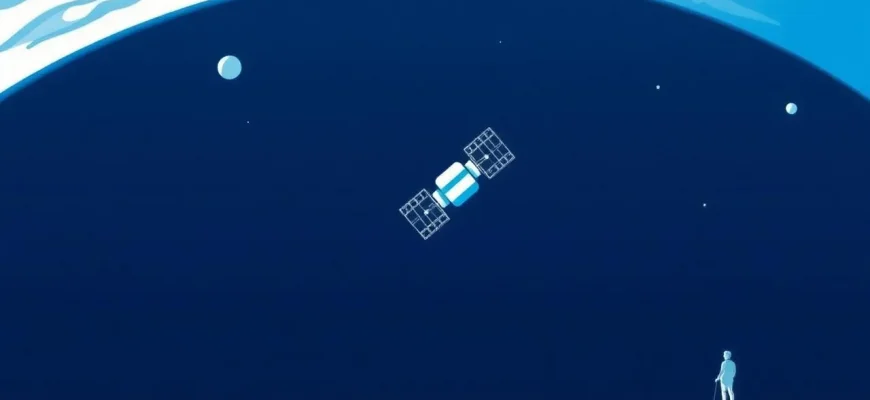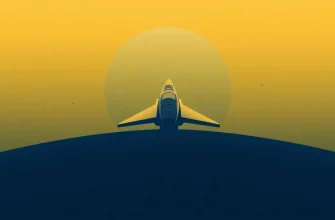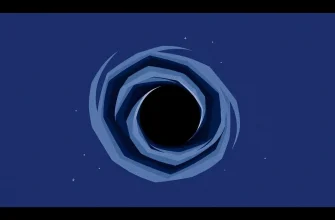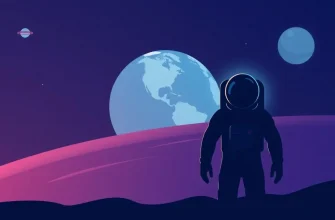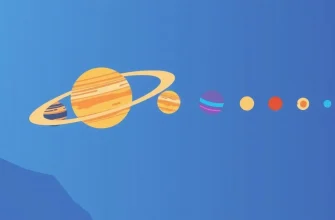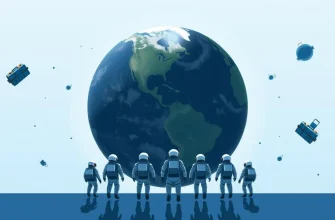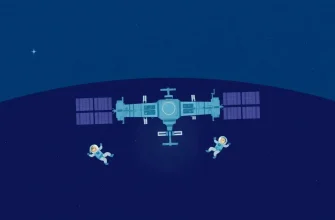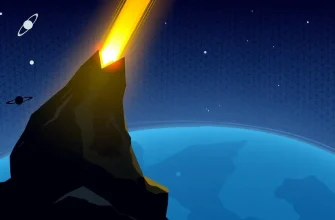Embark on a cinematic journey through space with our curated list of documentaries that delve into the fascinating world of satellites. These films not only showcase the technological marvels that orbit our planet but also explore the human stories behind these celestial sentinels. From the first artificial satellite to the latest space missions, these documentaries offer a unique perspective on how satellites have transformed our understanding of Earth and the universe. Whether you're a space enthusiast or just curious about the technology that connects our world, this collection promises to enlighten and inspire.

The Right Stuff (1983)
Description: Although a dramatization, this film captures the essence of the early space program, including the development and use of satellite technology in the Mercury and Gemini projects.
Fact: The film was adapted from Tom Wolfe's book of the same name, which itself was a detailed account of the early astronauts.
 Watch Now
Watch Now 
Sputnik Mania (2007)
Description: This documentary examines the cultural and political impact of Sputnik, focusing on how it spurred advancements in satellite technology and space exploration.
Fact: The film includes interviews with key figures from the Cold War era, discussing the geopolitical implications of Sputnik.
 Watch Now
Watch Now 
Sputnik (2019)
Description: This documentary explores the launch of Sputnik 1, the first artificial Earth satellite, and its profound impact on the Space Race. It provides a detailed look at the Soviet Union's space program and the global reaction to this historic event.
Fact: The film includes interviews with former Soviet engineers and scientists involved in the Sputnik project. It also features rare archival footage from the era.
 Watch Now
Watch Now 
Mission Control: The Unsung Heroes of Apollo (2017)
Description: Focuses on the unsung heroes of NASA's mission control, who relied on satellite communications to manage space missions, highlighting the critical role of satellite technology in space exploration.
Fact: The film was produced by Ridley Scott, who has a keen interest in space exploration.
 Watch Now
Watch Now 
The Farthest (2017)
Description: This documentary follows the Voyager spacecraft, which were launched with the help of satellites to study the outer solar system. It's a tribute to human ingenuity and the quest for knowledge beyond our planet.
Fact: The film features interviews with key scientists and engineers from the Voyager project, including Carl Sagan.
 Watch Now
Watch Now 
Space Junk 3D (2012)
Description: This documentary addresses the growing problem of space debris, much of which comes from defunct satellites, and discusses the future of space exploration amidst this issue.
Fact: The film uses 3D technology to give viewers an immersive experience of the space environment.
 30 Days Free
30 Days Free 
The Dish (2000)
Description: While not strictly a documentary, this film is based on the true story of the Parkes Observatory's role in broadcasting the Apollo 11 moon landing. It's included for its depiction of satellite technology and the human element involved in space communication.
Fact: The movie was inspired by the actual events at Parkes Observatory, and the film crew was allowed to use the real dish for filming.
 30 Days Free
30 Days Free 
The Space Race (2005)
Description: This documentary series covers the entire history of the Space Race, including the pivotal role of satellites in espionage, communication, and scientific exploration.
Fact: It includes exclusive interviews with former astronauts and cosmonauts, providing firsthand accounts of the era.
 30 Days Free
30 Days Free 
In the Shadow of the Moon (2007)
Description: While primarily about the Apollo missions, this documentary includes segments on the use of satellites for navigation and communication, crucial for the success of these missions.
Fact: The film features interviews with all living Apollo astronauts at the time of its release.
 30 Days Free
30 Days Free 
The Wonder of It All (2007)
Description: This film features interviews with astronauts reflecting on their experiences, with a significant portion dedicated to the role of satellites in space missions.
Fact: It includes personal stories from astronauts like Buzz Aldrin and Jim Lovell.
 30 Days Free
30 Days Free 
